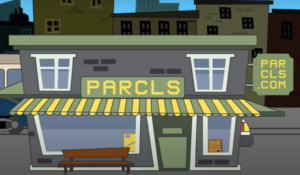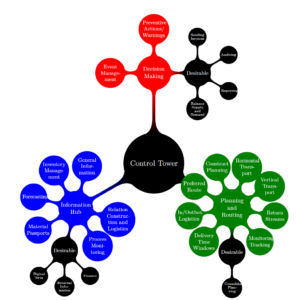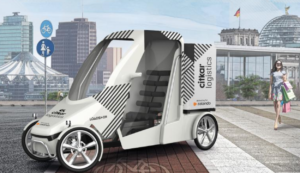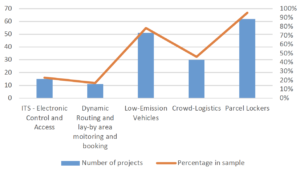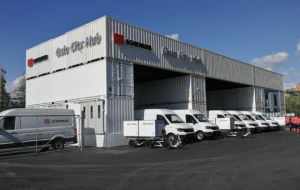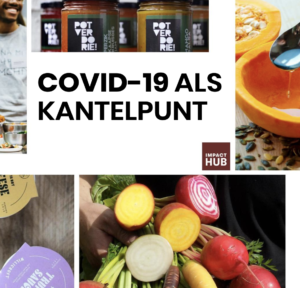How are consumers using collection points? Evidence from Brussels
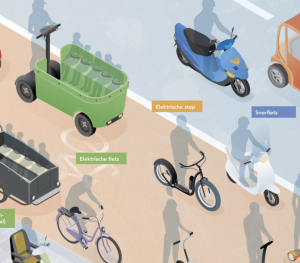
Environmental assessments of e-commerce often focus on the last mile. Collection points are considered more beneficial than home delivery but this largely depends on how consumers’ collection trips are organized. Because this information is lacking, our objective is to find out how consumers make use of and travel to collection points by means of a …

